Knowledge center
ATIM LAW FIRM
From 01 October 2025: Three Major Changes to the Corporate Income Tax – What Businesses Need to Prepare?
In less than 2 months, from 01 October 2025, the Corporate Income Tax Law 2025 will officially take effect, altering how both domestic and foreign enterprises fulfill their tax obligations. Notably, for the first time, the law comprehensively covers cross-border e-commerce activities, introduces flexible tax rates based on revenue, and strongly encourages emission reduction initiatives.
Below is a detailed analysis of the three key changes.
1. REVENUE SOURCED FROM VIETNAM – TAXABLE EVEN FOR ONLINE BUSINESS
Previous regulation
- Under the Corporate Income Tax Law 2008, tax obligations applied only to foreign enterprises with a permanent establishment in Vietnam (e.g., branch, representative office, sales agent, factory, construction site).
- “Virtual” business activities were not regulated.
New regulation
- Enterprises established under foreign laws must pay CIT on all income sourced from Vietnam, regardless of whether they have a permanent establishment in Vietnam.
- Applicable to income derived from e-commerce activities and digital platform businesses.
- Includes transactions conducted via foreign platforms (e.g., Amazon, eBay) where the buyer and payment are in Vietnam.
Example: A Korean company sells cosmetics via its website, ships from Korea to Vietnam, and receives payment via a Vietnamese bank card → subject to CIT in Vietnam.
Recommendation
- Review transactions and revenue generated from customers, partners, or end-consumers in Vietnam.
- Fully declare and pay CIT where income arises in Vietnam.
- Monitor forthcoming decrees and circulars, which are expected before 01 October 2025.
2. NEW TAX RATES – 15%, 17%, 20% – APPLIED FLEXIBLY BASED ON REVENUE
Previous regulation
The 2008 Law applied a flat 20% rate for most enterprises, without differentiation by revenue scale (except for certain special sectors such as oil & gas and rare/precious mineral exploitation).
New regulation
- New tax rate: 15%: For enterprises with total annual revenue ≤ VND 3 billion - 17%: For enterprises with total annual revenue > VND 3 billion to ≤ VND 50 billion - 20%: For all other cases.
- Exceptions: The 15% and 17% rates do not apply to: (i) Subsidiaries; or (ii) Affiliated enterprises of a company that does not meet the conditions for the preferential rate.
- Special provisions: (i) Oil & gas exploitation: 25–50% depending on the contract; (ii) Rare and precious mineral exploitation: 40–50%.
Recommendation
- Forecast annual revenue to determine the optimal applicable tax rate.
- Vietnamese enterprises with subsidiaries or affiliates should pay attention to the exceptions to avoid under-reporting.
3. ENVIRONMENTAL EXPENSES – DEDUCTIBLE FOR TAX PURPOSES, SUBJECT TO CONDITIONS
Previous regulation
- No specific provision for deducting expenses related to carbon neutrality, net zero, or environmental pollution reduction.
New regulation
- Expenses for carbon neutrality, net zero, and pollution reduction directly related to the enterprise’s business activities are deductible when calculating taxable income, thereby encouraging green investment.
Conditions for deduction: (i) Purpose: To reduce greenhouse gas emissions; (ii) Directly related to the enterprise’s own business activities; and (iii) Supported by valid invoices and documents as required under tax laws.
Recommendation
- Identify and clearly classify eligible deductible expenses.
- Maintain complete supporting records and documentation.
- Integrate these initiatives into the enterprise’s ESG strategy to enhance credibility with international partners.
DOWNLOAD THE FULL DETAILED ANALYSIS OF THE THREE KEY CHANGES TO THE CORPORATE INCOME TAX
[Click here to download – Free]
CONTACT ATIM LAW FIRM
For compliance strategies and tax optimization tailored to your industry and market.
Email: admin@atim.com.vn - Hotline: 028 7301 3679
 ATIM LAW FIRM
ATIM LAW FIRM

